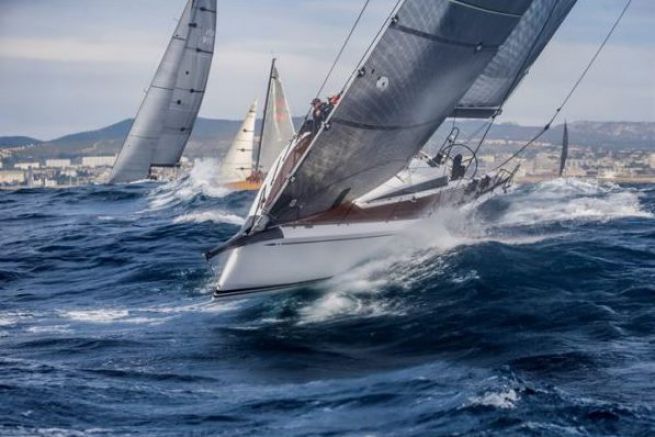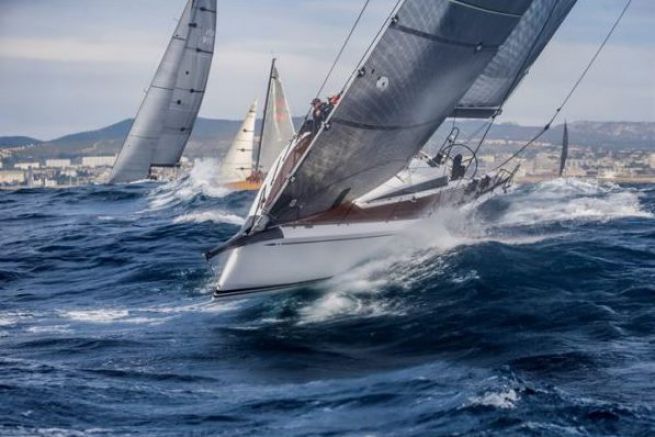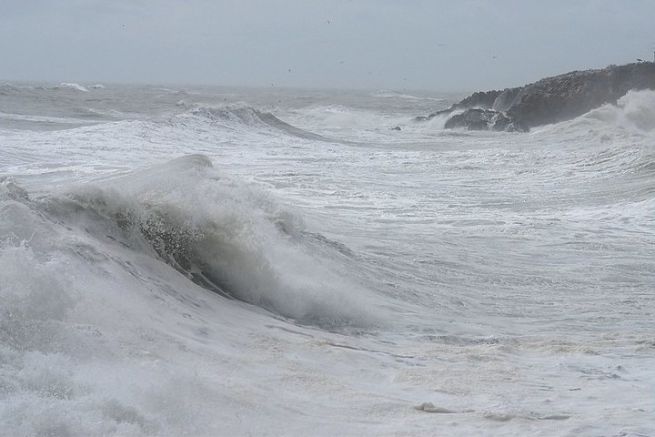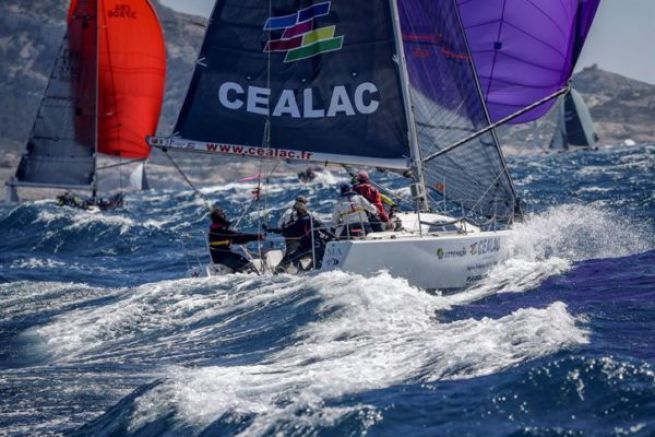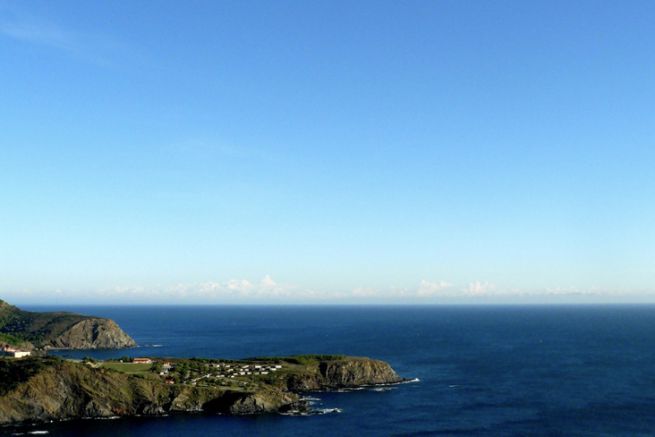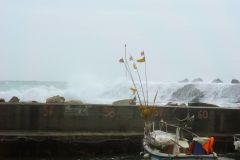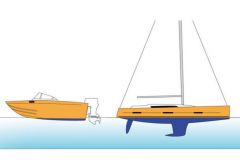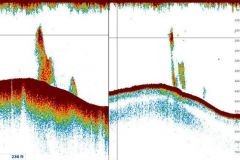The Mistral is a regional north wind blowing over the Mediterranean Sea. It rushes into the Rhône Valley corridor, trapped by the Massif Central (to the west) and the Alps (to the east). Then, when approaching the Var coast, it turns to the western sector as far as Corsica.
How to characterize Mistral??
The accepted definition of the Mistral is that of a dry wind concerning the south-east of France. It moves from west to north and blows in gusts, "clears the sky" and makes the air clear.
Météo France has a more restrictive definition concerning its strength: the Mistral is a wind producing gusts of more than 32 knots and from the northwest. The persistence of at least six consecutive hours distinguishes it from a local breeze or a grain.
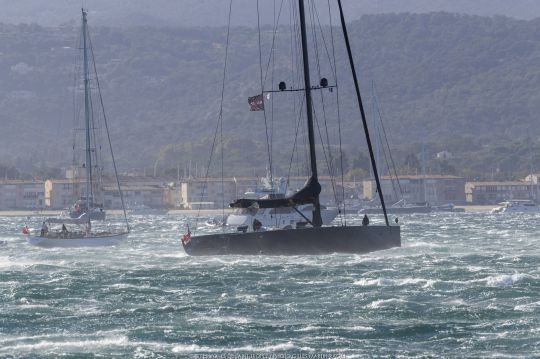
Cold, dry and rafaleux?!
The air mass that constitutes the Mistral being very dry, it gives the air a remarkable clarity and therefore an excellent visibility.
With this onshore wind, there will be powerful gusts to deal with. Sailing in the Mediterranean is not easy, sailboats and crews must be well prepared for strong gales.
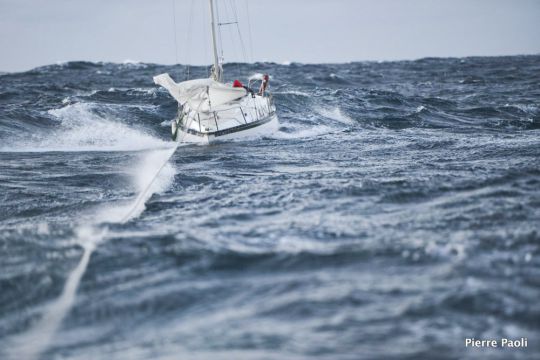
Winter and spring are the most favourable seasons for the appearance and installation of the Mistral, which can blow hard for several days. In winter, the intense cold from the north that it spreads in its path will not fail to chill the noses of the most hardened sailors.
We often hear references to the Provençal proverb saying that "Le Mistral, to breathe, always signs a lease for 3, 6, or 9 days in a row". Regardless of popular common sense, weather services are formal, this belief is not verified by statistics at all.
A wind that also freezes the spray
During a mistral episode, the sea temperature will also quickly collapse. The waves that will start on the deck will be biting with cold.
There are two main reasons for this sudden cooling. The very dry air, which touches the sea, will generate an evaporation of the surface water, it is replaced by cooler water. In addition, there is the phenomenon of upwelling: the onshore wind pushes surface water offshore, allowing deeper and therefore colder water to rise.
Thus the sea temperature can drop abruptly between 12 and 14 degrees.

How can we anticipate the appearance of Mistral??
The Mistral depends, almost systematically, on a high pressure system over the near Atlantic. This zone of high pressure will generate a north-west flow along the Rhône axis (see diagram below). Thus, the cold air, coming from the polar regions, will collide with the Alps and intensify in the Rhone Valley.
A depression in the Gulf of Genoa will tighten the isobars. The strength of the Mistral will be linked to the pressure gradient between the Bay of Biscay and the Gulf of Genoa. Once the situation is in place, the Mistral will be able to blow for a few days, even after the depression of the "Gulf of Genoa" has dissipated to the east.
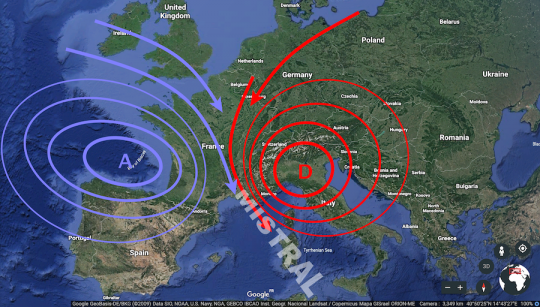
The Mistral's zone of influence is directly linked to the positioning of the Genoese depression. If it is located to the north of the Gulf of Genoa, the Mistral will also spread on the French Riviera with a wind almost SW.
Can the Mistral blow in été??
The so-called summer Mistral concerns the Provençal coast and the Rhône valley. This time the wind is not linked to a synoptic wind coming from high latitudes, but to a strong summer warming generating a thermal depression over the Provençal hinterland.
The significant global warming is creating an air draught that will generate a northerly flow over Provence. This mistral is often upset or even cancelled by the thermal breezes in coastal areas.
